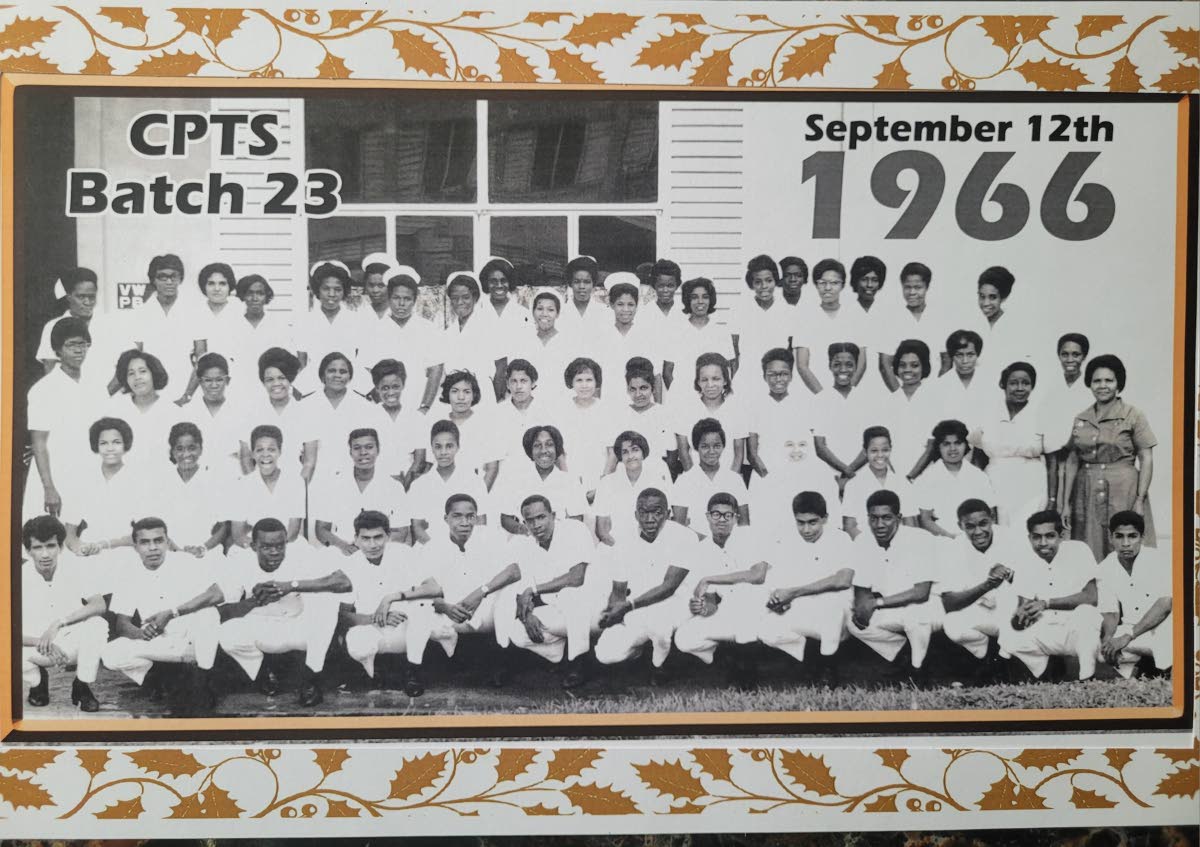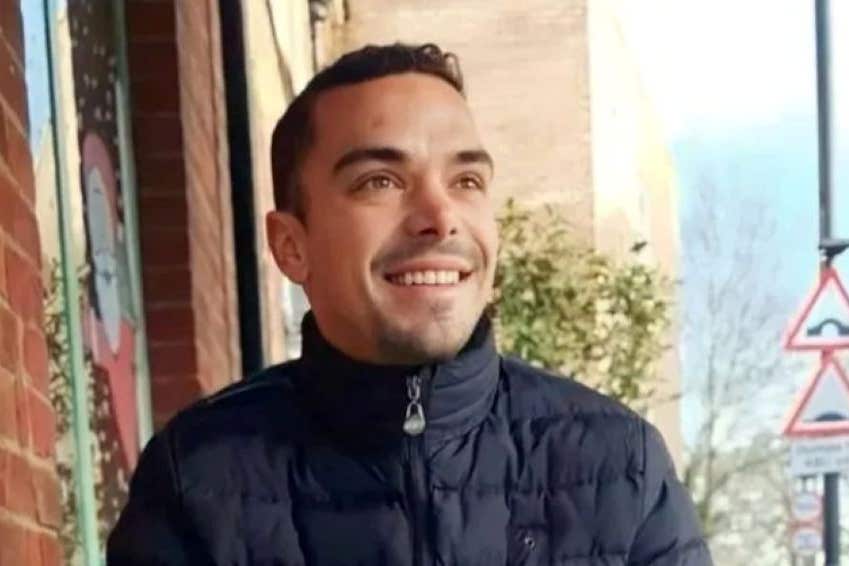By Newsday
Copyright newsday

BAVINA SOOKDEO
On September 12, 1966, 82 young men and women walked through the doors of the Central Preliminary Training School (CPTS) to begin their journey in nursing. Today, nearly six decades later, members of Batch 23 proudly celebrate their 59th anniversary as they still carry the profession close to their hearts.
The batch – comprised of 13 men and 69 women – trained during a time when salaries were modest. “We started at just $65 per month while in training” related Champa Umraw-Baksh. “That then grew to $95 per month and to $265 after graduation.”
Yet despite the challenges, they persevered, building careers that took them across Trinidad and Tobago, serving at hospitals in San Fernando, Port of Spain, and St Ann’s. Over the years, their paths branched into nursing education, district health, and even international service, but their bond as a batch remained unbroken.
As they celebrate this anniversary, a male member of the batch, Clinton Manick, reflected on that journey: “Fifty-nine years. When we were just starting out, fresh-faced and full of dreams, could we have ever imagined this day? That we would be here, together, celebrating nearly six decades of friendship, learning, and dedication? It’s a remarkable milestone, and it’s a privilege to share this moment with all of you” he shared on the batch’s WhatsApp group.
When Newsday reached out, he recalled the nights of long study, the pride of passing exams, and the humbling early days in wards where they comforted families and brought healing to patients. What stood out most, however, was the strength of their shared experience. “We weren’t just individuals on a path; we were a unit, a single, unstoppable force. We all belonged to a batch,” Manick said.
Carl Ryan, one of the pioneering male nurses of the group and founder of NICER Foundation, captured the heart of their calling when he reflected: “I consider myself fortunate to get into nursing. It has helped me to find myself and it has grounded me. I have enjoyed my stay and I have realised that if you treat patients humanely they will respond humanely.”
Collectively, Batch 23 carries more than seven centuries of nursing experience. Beyond the years of service, what they treasure most are the bonds of friendship and the knowledge that their work left an indelible mark on countless lives.
Asked to share thoughts on nursing of today, Manick said, “Nursing as it is practice today, has evolved and is still evolving rapidly. The rapid growth in research and development coupled with the massive embracement of technological changes mandated nurses to re-train and re-adjust to be able to function and deliver cutting edge nursing procedures with positive outcomes. The recent introduction of AI in medical practice makes the entire medical fraternity even more challenging.”
So what advice did the seasoned batch of nurses have to offer to those of today? Kamla Ramprashad who retired as a district health visitor
encouraged younger nurses to see nursing not just as a career, but as a calling rooted in compassion and service. “Never lose sight of the true meaning of the word nurse,” she advised. “It is about more than charts, technology, or titles – it is about human connection. Treat every patient as you would want your own family to be treated – with dignity, respect and care. Nursing begins at the bedside, not behind a desk.”
She also stressed discipline, continuous learning and pride in the profession. She added, “Study hard, stay curious, and keep growing in your practice. Medicine will evolve, technology will change, but the core values of compassion, humility and service must remain constant. You are not just tending to illnesses; you are bringing hope, comfort, and strength. Never forget the privilege it is to serve in this way.”



